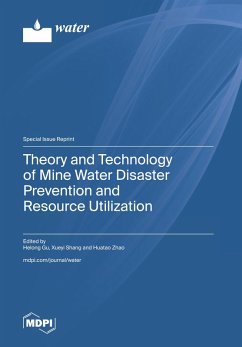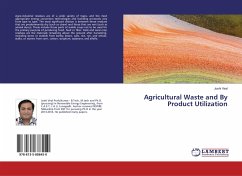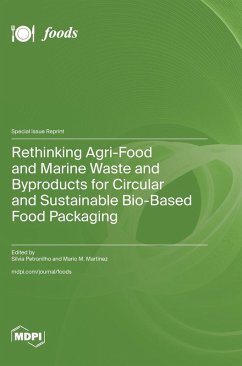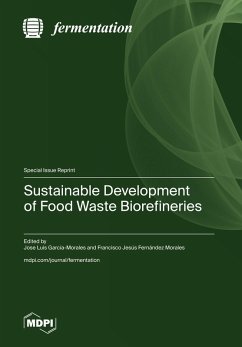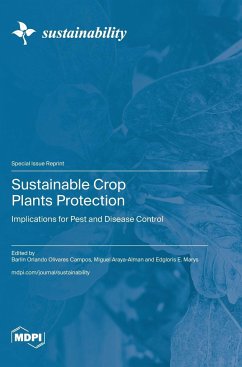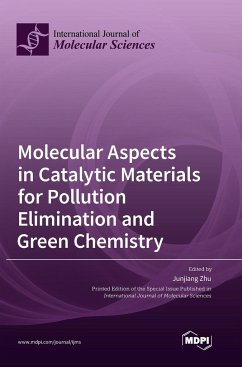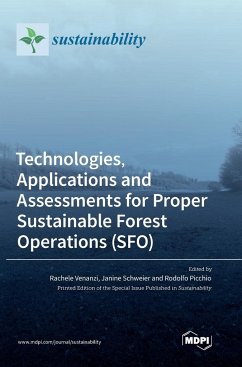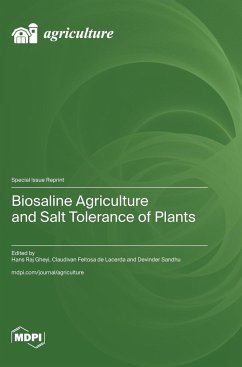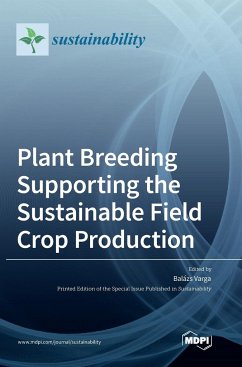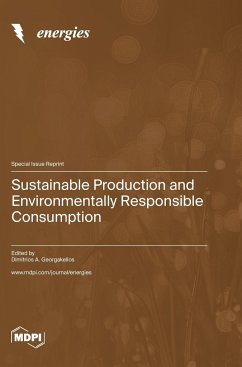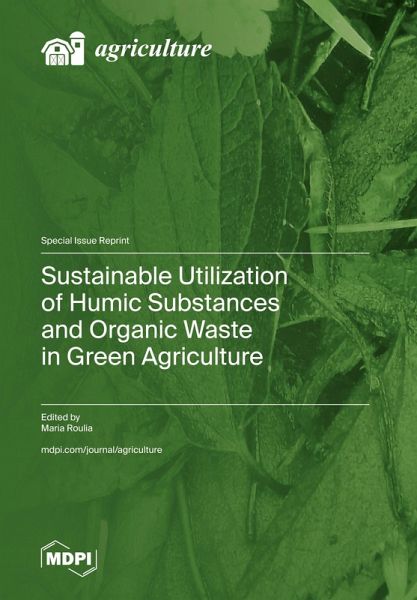
Sustainable Utilization of Humic Substances and Organic Waste in Green Agriculture
Versandkostenfrei!
Versandfertig in 1-2 Wochen
84,99 €
inkl. MwSt.

PAYBACK Punkte
42 °P sammeln!
Organic waste (OW), continuously created by agriculture, livestock farming, forestry and cities, is biodegradable matter, a plant nutrient source functioning-after processing-as effective fertilizer replacement. Humic substances (HS), produced via physical, chemical and microbial processes during early diagenesis in the decay of biomass, are redox-active, refractory, dark-colored mixtures of heterogeneous organic compounds and represent an important source of organic carbon and nitrogen in terrestrial and aquatic ecosystems. HS and processed OW have a beneficial effect on agricultural soil pro...
Organic waste (OW), continuously created by agriculture, livestock farming, forestry and cities, is biodegradable matter, a plant nutrient source functioning-after processing-as effective fertilizer replacement. Humic substances (HS), produced via physical, chemical and microbial processes during early diagenesis in the decay of biomass, are redox-active, refractory, dark-colored mixtures of heterogeneous organic compounds and represent an important source of organic carbon and nitrogen in terrestrial and aquatic ecosystems. HS and processed OW have a beneficial effect on agricultural soil properties, pollutant sequestration, nutrient immobilization and transport. They also affect plant metabolism, thus greatly influencing water quality and green agriculture. OW management conserves energy and resources and contributes to a circular economy. This Special Issue is focused on novel approaches to a range of hot topics including among others: Green production processes, properties and uses of HS and OW; HS interactions/complexation with compounds promoting sustainable agriculture; Impact of HS, HS-contained materials and organic waste on the environment (soil, plants and living organisms, domestic animals and cattle included); OW from industrial processes, e.g., molasses, cheese whey, slaughterhouse, leather; Physical, chemical, biological OW treatments and recycling, e.g., retention, adsorption, composting, decomposer microorganisms, supporting green agriculture; Management of the pollutants that accompany OW, e.g., chemicals, pharmaceuticals, drugs, dyes, pesticides, food additives.



